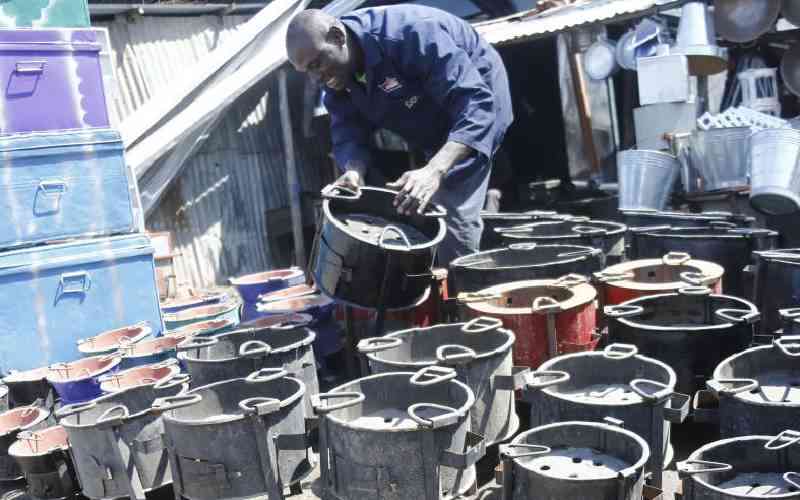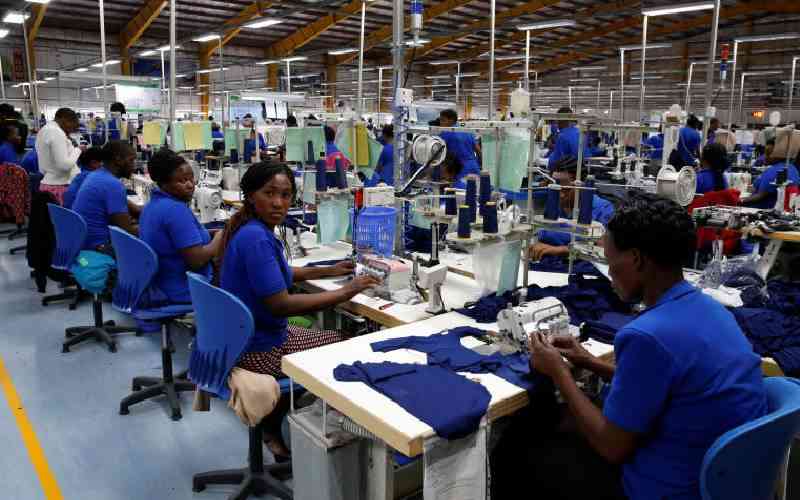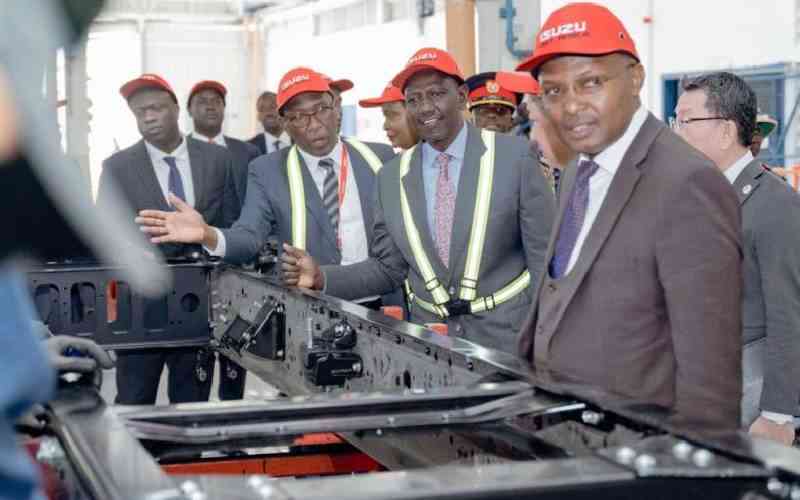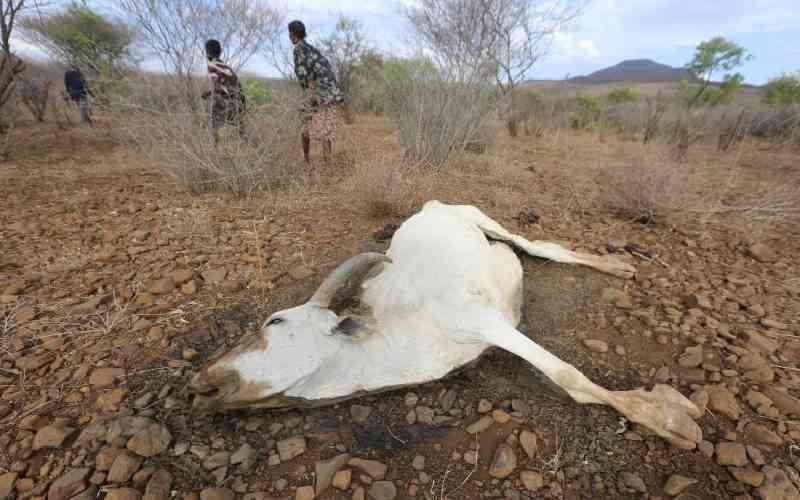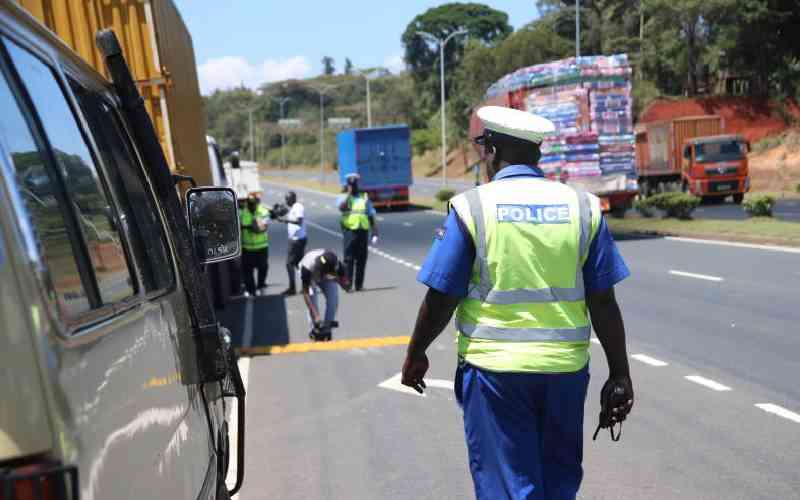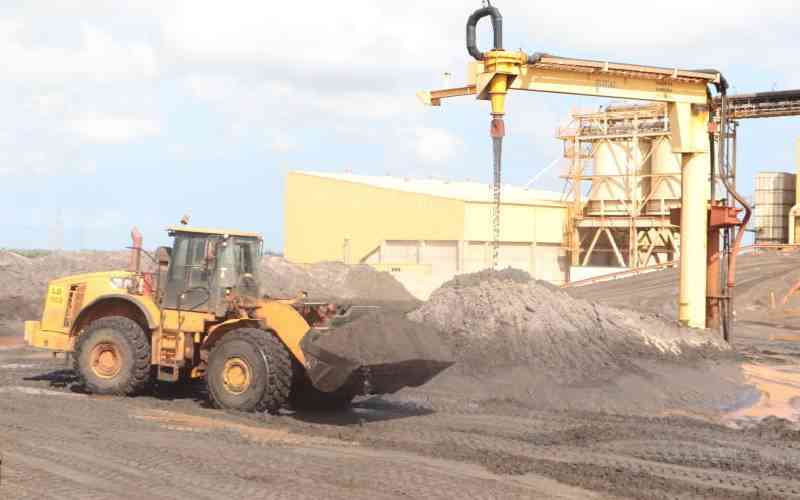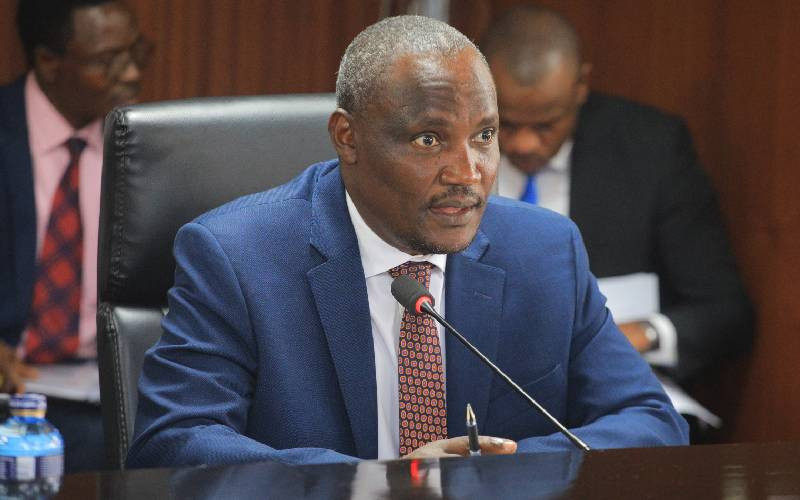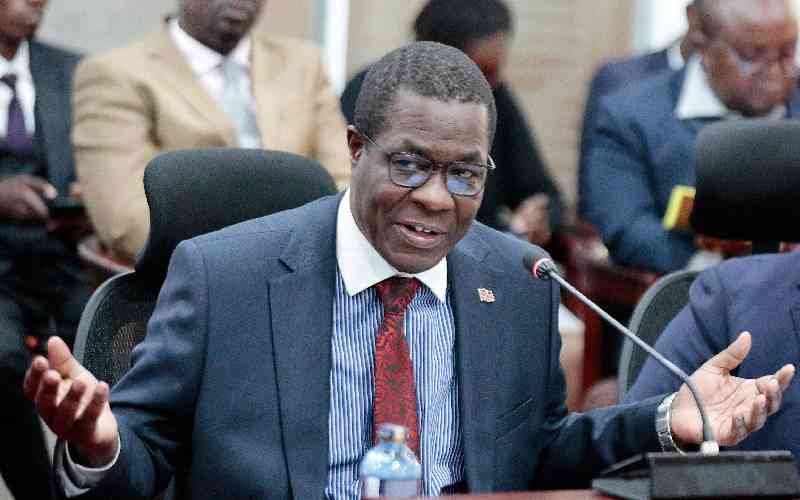×
The Standard e-Paper
Join Thousands Daily
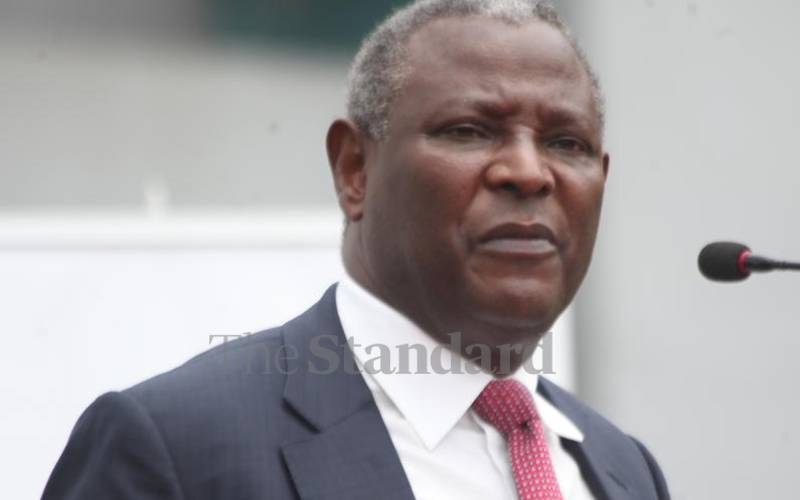
Anyone who has followed the story of James Mwangi, the chief executive of Equity Bank, knows that he is immensely proud of his roots.
After the untimely death of his father, the young Mwangi and his five siblings were brought up by their widowed mother, a poor small-scale farmer.
